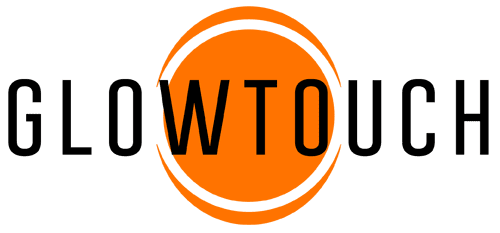In this post, we’ll dig into the best practices for onboarding chat agents. We will explore the particulars of staffing a team of chat specialists (though much of this will be applicable for any channel), and how a smooth employee onboarding process paves the way to program success.
The Necessity of Effective Onboarding of Chat Agents
In a previous post, we discussed the value of live chat as a customer support channel. A significant percentage of customers prefer chat, they expect, and they spend more with companies who offer it. We also detailed some of the advantages chat offers on the service delivery side, from personalization to increased efficiency. A critical aspect of delivery that customer experience is employee engagement because the latter drives the former.
Employee engagement starts with the onboarding of the chat agent. At this point, everything is new, and the amount of information can be overwhelming. It’s important to slow things down a bit so that your new agents can absorb everything. Acclimating to new surroundings takes time; the guidance that new team members get here will help them to understand the company’s vision, to learn the business, and to settle into their roles.
It is also necessary to outline how their individual jobs contribute to organizational success. Our programs operate with teams and a hierarchy, and there is some inter-dependence among personnel in getting familiar with the rules of the road. While any process is subject to change, the systems in place exist because they have proven to be effective over time.
Getting people comfortable with those systems will reflect in shorter learning and assimilation curves, ultimately increasing the odds of high-level performance.
New employees tend to have questions. This is good. Encourage that and make this a central rule of the onboarding process: there is no such thing as a stupid question. If one person asks, it is likely that at least a few others were thinking about it but were perhaps shy about speaking up. Communication is central to what we do; people crosstalk all day and establishing open lines during onboarding will help to ensure their maintenance when agents enter production status.
The Best Practices for the Onboarding Process
All new employees undergo one week of training as part of the onboarding process – at our expense – on creating the “wow” moments that produce memorable customer experiences. The wow is shorthand for Week of Wisdom, the program’s formal name. This instruction details the impact of high-quality service and support: how they deepen the connection between brand and user, the effect on customer retention, and how service sets the table for cross-selling and upselling opportunities. The program is built on three points of emphasis:
- The agent as brand ambassador – as far as customers are concerned, our people are the faces and voices of the client. How agents respond sets the tone for how consumers see the companies with which they do business.
- The electronic handshake conveys enthusiasm and is the agent’s way of telling the customer, “I’m here for you and your issue matters to me.” It helps to establish an early connection and to personalize the interaction.
- Active engagement means listening to the voice of the customer and hearing what it says, demonstrating empathy, and otherwise putting oneself in the consumer’s shoes. Engaged agents ask relevant questions, pay attention to tone, and work to understand customer needs and motivations.
This week is followed by client-specific product and process training, with the time length varying based on the complexity of the individual program. Sometimes, it’s one week; in other cases, training may last several weeks. In either scenario, classroom and practical instruction are supplemented with a nesting phase during which agents take live chats, but are usually side-by-side with a more seasoned agent or team leader.
Whether working remotely or on-site, new hires should have ready access to a more senior associate until they reach what can be called “steady state” work. This is the stage when they are comfortable performing at least 80% of their responsibilities but may have some clarifying questions on other tasks. This, too, promotes the agent engagement during the onboarding process. When employees are connected, camaraderie develops, spilling over into better performance and happier customers.
Completing the Circle of Employee Engagement
I
It’s a strange thing to contemplate, in one sense. Outside of family, and often including family, we spend more time with co-workers than with other people. When the environment becomes uncomfortable, people will look for a way out. The onus is on employers to know who their people are. Every employee has different needs – some want regular feedback, others just want to be pointed in a particular direction, and still others want to pursue advancement opportunities. The more thorough your understanding of employees’ motivations, the greater the odds of reducing agent turnover.
Transactions and Tradeoffs During Agent Onboarding
The pre-Covid environment is gone, and it is not coming back. Even in the face of economic uncertainty, the pendulum has shifted in favor of the employees. This can be a good thing for organizations because people are clear on what they expect from work. When in doubt, talk to your people. Talk early, talk often.
Onboarding is far more than preparing new team members for going to work; it’s also about laying the groundwork for a service model that best serves the client’s needs while also acknowledging the employee’s wants. Establish clear objectives and expectations, augment those with regular communication and feedback, and provide the level of training and hands-on practice that will set the conditions for success. Do those things and you’ll have a strong team of employees that your clients and their customers will rave about.



















































